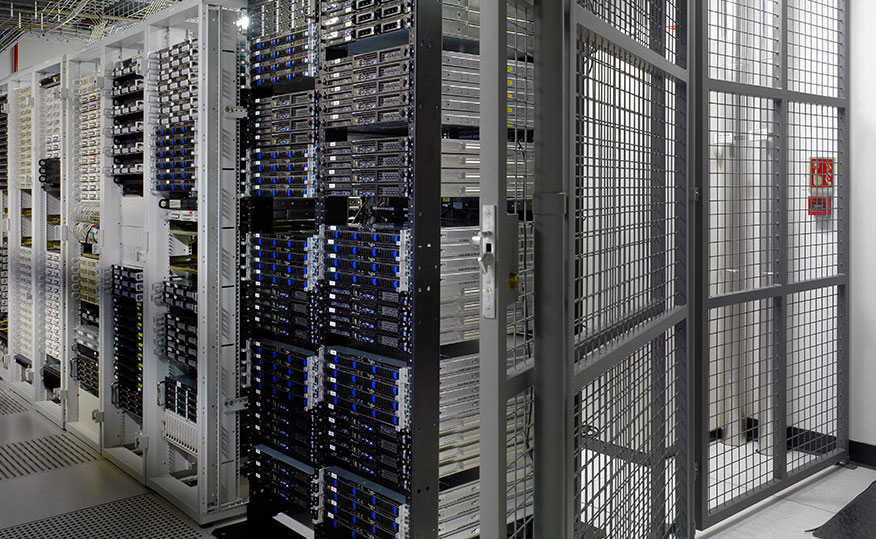LAN:
Stands for "Local Area Network," and is pronounced like "land" without the d at the end. LAN is a computer network limited to a small area such as an office building, university, or even a residential home. Businesses today use LANs, which makes it easy for employees to share information
MAN:
Short for Metropolitan Area Network, a data network designed for a town or city.
MANs are larger than local-area networks (LANs), but smaller than wide-area networks (WANs). MANs are usually characterized by very high-speed connections using fibre optical cable or other digital media.
WAN:
A wide area network (WAN) is a geographically dispersed telecommunications network. The term distinguishes a broader telecommunication structure from a local area network (LAN). A wide area network may be privately owned or rented, but the term usually connotes the inclusion of public (shared user) networks.An intermediate form of network in terms of geography is a metropolitan area network (MAN).



